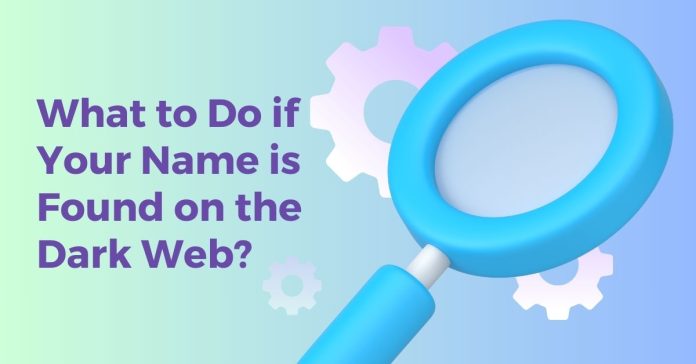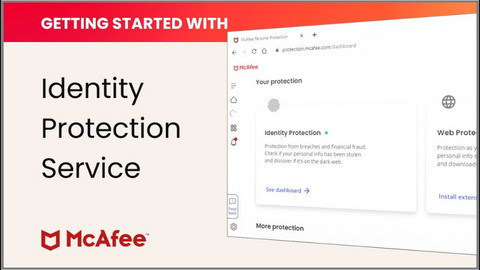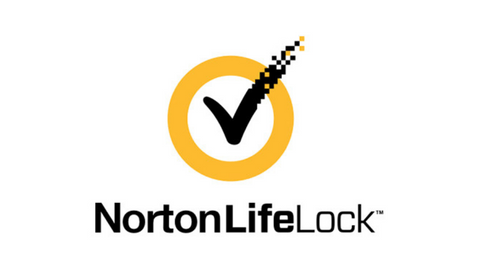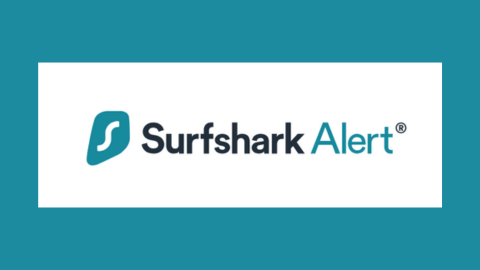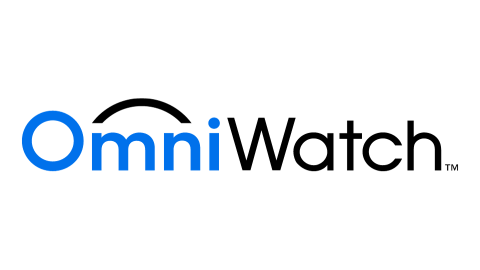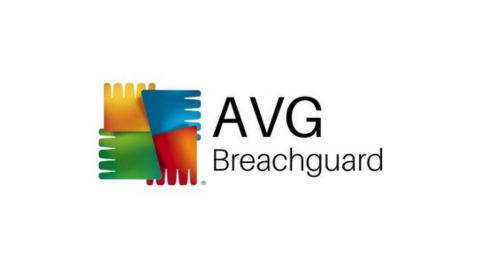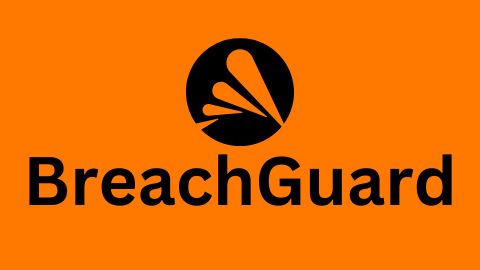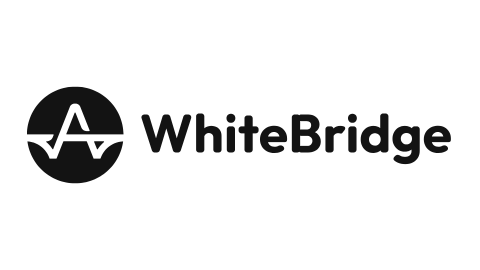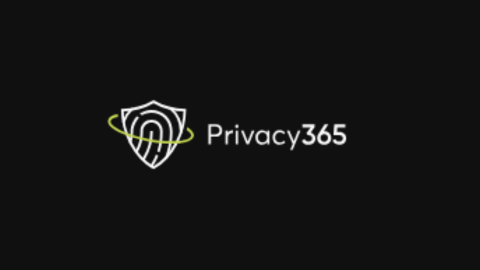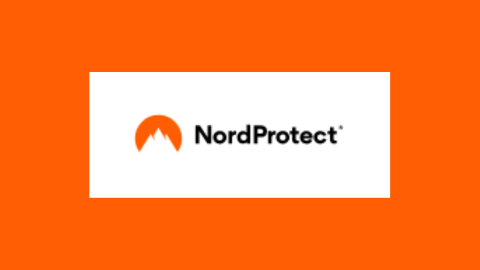In this post, I will show you what to do if your name is found on the Dark Web.
In today’s digital age, protecting personal information has become more critical. With data breaches and cybercrime on the rise, many people are rightfully concerned about their sensitive data falling into the wrong hands.
One particularly alarming situation is discovering that your name or other personal information has appeared on the dark web. This can be a frightening experience, but it’s important to stay calm and take appropriate action.
In this comprehensive guide, we’ll explore what the dark web is, why your information might be there, and, most importantly, what steps you can take to protect yourself if you find your name on the dark web.
Table of Contents
Understanding the Dark Web
Before diving into what to do if your name is found on the dark web, it’s essential to understand what it is and how it differs from the regular internet we use every day.
The Internet is divided into three main parts:
- Surface Web: This is the part of the internet that most people use daily. It includes websites easily accessed through standard search engines like Google, Bing, or Yahoo.
- Deep Web refers to parts of the internet that aren’t indexed by standard search engines. It includes password-protected pages, private networks, and databases. Much of the deep web is benign, such as your email inbox or online banking portal.
- Dark Web: A small portion of the deep web is intentionally hidden and requires access to special software, like Tor (The Onion Router). The dark web is known for its anonymity and is often associated with illegal activities, though it also has legitimate uses, particularly in countries with strict internet censorship.
The dark web’s anonymity makes it attractive for cybercriminals who want to buy, sell, or trade stolen personal information. This is why finding your name or other personal details on the dark web can cause concern.
Why Your Information Might Be on the Dark Web?
There are several reasons why your personal information might end up on the dark web:
- Data Breaches: Large-scale hacks of companies or organizations you’ve interacted with could result in your data being stolen and sold on the dark web.
- Phishing Attacks: If you’ve fallen victim to a phishing scam, hackers may have obtained your personal information directly.
- Malware: Malicious software on your devices could have captured and transmitted your data to cybercriminals.
- Public Records: Some information on the dark web comes from publicly available sources, which isn’t necessarily a result of criminal activity.
- Identity Theft: If someone has stolen your identity, they may use or sell your information on the dark web.
Best Identity Protection Deals
Now, I will show you the steps to take if your name is found on the Dark Web.
Steps to Take if Your Name is Found on the Dark Web
If you discover that your name or other personal information is on the dark web, don’t panic. While it’s a serious situation, there are several steps you can take to protect yourself and mitigate potential damage:
Confirm the Information
First, make sure the information is yours. Common names can lead to false positives, and the data may belong to someone with the same name. If you’re using a dark web monitoring service, review the details carefully to confirm they are your information.
Change Your Passwords
Immediately change passwords for all your online accounts, especially those related to the compromised information. Use strong, unique passwords for each account. Consider using a reputable password manager to help securely create and store complex passwords.
Enable Two-Factor Authentication (2FA)
Activate two-factor authentication on all accounts that offer it. This adds an extra layer of security, making it much harder for unauthorized users to access your accounts even if they have your password.
Monitor Your Credit Reports
Request a free credit report from the three major credit bureaus (Equifax, Experian, and TransUnion) and review them carefully for suspicious activity. In the United States, you’re entitled to one annual free report from each bureau through AnnualCreditReport.com.
Consider a Credit Freeze
A credit freeze restricts access to your credit report, making it more difficult for identity thieves to open new accounts in your name. Contact each credit bureau individually to initiate a freeze. Remember that you’ll need to temporarily lift the freeze if you need to apply for credit yourself.
Set Up Fraud Alerts
Place a fraud alert on your credit reports. This notifies potential creditors that they should take extra steps to verify your identity before granting credit in your name. You only need to contact one credit bureau to set up a fraud alert, as they must notify the other two.
Review Your Financial Statements
Carefully review your bank statements, credit card bills, and other financial accounts for unauthorized transactions. Report any suspicious activity to your financial institutions immediately.
Update Your Software
Ensure all your devices have the latest security updates and patches installed. This includes your computer’s operating system, smartphone, and other internet-connected devices.
Run a Malware Scan
Perform a thorough malware scan on all your devices using reputable antivirus software. If malware is detected, follow the software’s instructions to remove it.
Be Cautious of Phishing Attempts
Be extra vigilant about potential phishing attempts. Don’t click on suspicious links or download attachments from unknown sources. Be wary of emails or messages asking for personal information, even if they appear from legitimate companies.
Consider Identity Theft Protection Services
While not necessary for everyone, identity theft protection services can provide ongoing monitoring and alert you to potential misuse of your personal information. Research different providers to find one that suits your needs and budget.
Notify Relevant Authorities
If you believe you’re a victim of identity theft, file a report with your local police department and the Federal Trade Commission (FTC) in the United States. Look for similar government agencies in other countries that handle identity theft cases.
Secure Your Social Media Accounts
Review your privacy settings on all social media platforms. Limit the amount of personal information you share publicly, and be cautious about accepting friend requests from unknown individuals.
Be Mindful of Physical Documents
Don’t forget about physical documents containing sensitive information. Shred or securely dispose of any papers with personal details you no longer need.
Educate Yourself and Stay Informed
Stay up-to-date on cybersecurity threats and best practices for protecting your personal information. Knowledge is a powerful tool in safeguarding your digital identity.
READ ALSO: Exploring the Dark Web: An Interview with Chuck Keith (NetworkChuck)
Long-Term Strategies for Protecting Your Personal Information
While the steps above are crucial for addressing an immediate threat, it’s also important to develop long-term habits that will help protect your personal information in the future:
1. Practice Good Password Hygiene
Regularly update your passwords, use a unique password for each account, and consider using a passphrase instead of a single word. A password manager can help you generate and store complex passwords securely.
2. Be Selective About Sharing Personal Information
Be cautious about what personal information you share online, including on social media. The less information available about you, the harder it is for cybercriminals to exploit it.
3. Use Secure Networks
Avoid using public Wi-Fi for sensitive transactions. If you must use public Wi-Fi, use a Virtual Private Network (VPN) to encrypt your connection.
4. Regularly Monitor Your Accounts
Make it a habit to review your financial statements and credit reports regularly. The sooner you catch any suspicious activity, the easier it is to address.
5. Keep Software Updated
Regularly update your operating systems, applications, and antivirus software to protect against the latest security vulnerabilities.
6. Be Wary of Oversharing
Be cautious about the information you provide to websites, apps, or over the phone. Always question why certain information is needed and how it will be protected.
7. Use Secure Communication Methods
Consider using encrypted messaging apps or email services that prioritize privacy for sensitive communications.
8. Dispose of Old Devices Securely
Removing old computers, smartphones, or tablets completely wipes all personal data. Consider using specialized software or services for data destruction.
9. Stay Informed About Data Breaches
Keep an eye on news about data breaches, especially for companies or services you use. Many organizations offer free credit monitoring services to affected customers following a breach.
10. Teach Others
Share your knowledge about online safety with friends and family, especially those who might be less tech-savvy. A more informed community is a safer one.
Understanding the Limitations
While these steps can significantly reduce your risk and help protect your personal information, it’s important to understand that no method is foolproof. In today’s digital world, some level of risk is inevitable.
However, staying vigilant and following best practices can minimize your vulnerability to cybercrime and identity theft.
When to Seek Professional Help
If you’ve taken these steps and still have concerns or are dealing with a complex case of identity theft, it may be time to seek professional help. Consider consulting with:
- A cybersecurity professional who can perform a more in-depth analysis of your digital footprint and provide personalized recommendations.
- A lawyer specializing in identity theft cases, especially if you’re facing significant financial or legal repercussions.
- A financial advisor who can help you understand and mitigate any long-term financial impacts.
Conclusion
Discovering that your personal information or name is found on the Dark Web can be alarming, but it’s important to remember that you’re not powerless. Taking prompt action and following the steps outlined in this guide can significantly reduce the risk of misusing your information.
Remember, protecting your personal information is an ongoing process. Stay vigilant, keep yourself informed about the latest cybersecurity threats and best practices, and don’t hesitate to seek help if you need it. While the digital world comes with risks, you can navigate it safely and confidently with the right knowledge and precautions.
Ultimately, the key is to be proactive rather than reactive. By implementing strong security practices in your daily digital life, you can greatly reduce the chances of your information ending up on the dark web in the first place. Stay safe, stay informed, and take control of your digital identity.
INTERESTING POSTS
- Dark Web 101: How To Access The Dark Web
- What to Do If Your Password Is Found on the Dark Web?
- Best Dark Web Monitoring Services In 2024 [Tested, Reviewed & Ranked]
- Importance Of Dark Web Monitoring
- Facts You Might Not Know About The Dark Web
- What to Do if Your Social Security Number is Found on the Dark Web?
About the Author:
Gina Lynch is a VPN expert and online privacy advocate who stands for the right to online freedom. She is highly knowledgeable in the field of cybersecurity, with years of experience in researching and writing about the topic. Gina is a strong advocate of digital privacy and strives to educate the public on the importance of keeping their data secure and private. She has become a trusted expert in the field and continues to share her knowledge and advice to help others protect their online identities.


